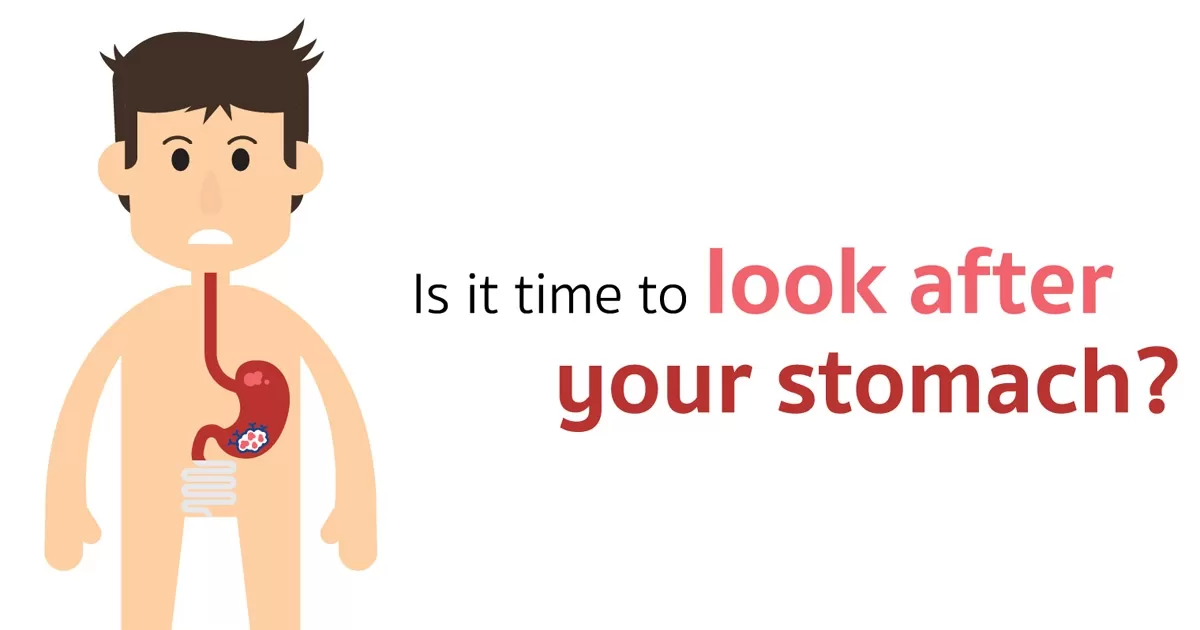
Colon Cancer
Home > Health Info > Health Articles

Risk factors
- A diet high in saturated fat, fast food or food that has been grilled until charred and eating low fiber food
- Alcohol, smoking
- Infrequent exercise, low movement (less intestinal peristalsis)
- Age: More than 90% of Colon cancer occurs in those who are over 50 years old
- Having prior history of colorectal cancer or polyps in intestine
- Family history of colon cancer or polyps in intestine
- Problem with digestive system such as colonic inflammation, chronic constipation, irritable bowel syndrome or Crohn’s disease
Symptoms/ Warning signs
1. Continuous weight loss even though eating the usual amount of food
2. The appearance of stool changes, may be smaller or bleeding
3. Constipation and diarrhea alternate frequently or may have chronic constipation
4. Flatulence, gassy and lower abdominal pain
5. Nausea, vomiting, low appetite because there is a mass in the intestine so, intestinal function will slow down resulting in not feeling hungry
6. Weakness or fatigue because loss of blood from intestinal bleeding due to tumor resulting in fatigue. If losing too much blood this may cause shock
7. Anemia without known cause
Diagnosis
- From history taking and physical examination including examination by finger via rectum together with the use of Proctoscope to check if there is any abnormal tumor
- Check for blood in stool by taking stool sample to have pathological examination. If there is blood in the stool that means digestive system may be the cause of bleeding. The doctor will send the patient for further investigation
- Endoscopy to check the colon called Colonoscopy
- Barium enema is another way to check for tumor by swallowing a metallic substance and x-ray to any abnormalities of large intestine
- Biopsy – if the abnormality found after the x-ray or during the colonoscopy, the doctor will remove the tissue to check whether it is necrotic. If yes, the doctor will plan further treatment accordingly.
Treatment
1. Surgery is considered a primary treatment for this type of cancer. The doctor will recommend surgical remove of tumor mass as soon as possible to prevent the cancer cells spreading. In most cases, if the cancer is at early stage, only surgical treatment is used by resecting the abnormal part and reconnect the remaining intestine back together. If the cancer cells are near the rectum, the rectum may be removed and the patient will need an stoma. After that, the doctor will follow up closely to make sure that there is no recurrence. But if the patient’s cancer stage is from Stage 2 upwards, the treatment by radiotherapy or chemotherapy will be added after the surgery to kill all cancer cells to prevent the recurrent.
2. Radiation therapy uses powerful energy source to kill cancer cells. This method can shrink tumors and kill most cancer cells which make the surgery simpler. This can be done before and after the surgery. At present, the doctors prefer to use radiation therapy before the surgery due to better results. But the radiation therapy after the surgery can also prevent the recurrent and reduce the stoma.
3. Chemotherapy is used after the surgery to kill any remaining cancer cells. The patient who will get this treatment must be patient who is in Stage 2 upwards or have large cancer.
Share :




